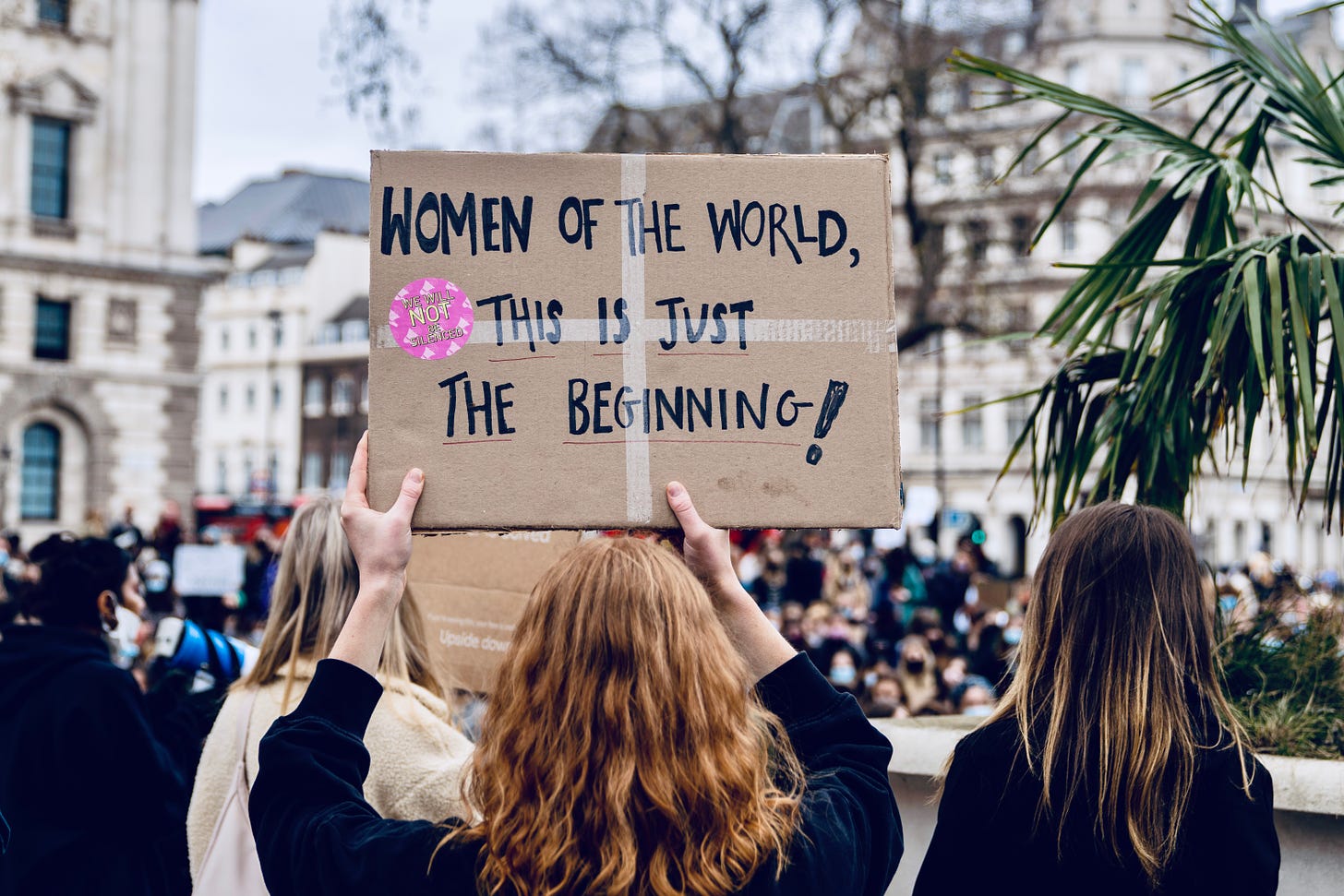The Political Gender Gap is Exploding
Changing patterns of religious identity, education, and marital status may be responsible for the growing divide
In my latest piece for FiveThirtyEight, I wrote about the shifting trajectory of public opinion on abortion and how young people today, particularly young women, are notably more supportive of abortion rights than previous generations of young adults. There’s also a growing political rift between men and women. Young women today are much more liberal th…
Keep reading with a 7-day free trial
Subscribe to American Storylines to keep reading this post and get 7 days of free access to the full post archives.




